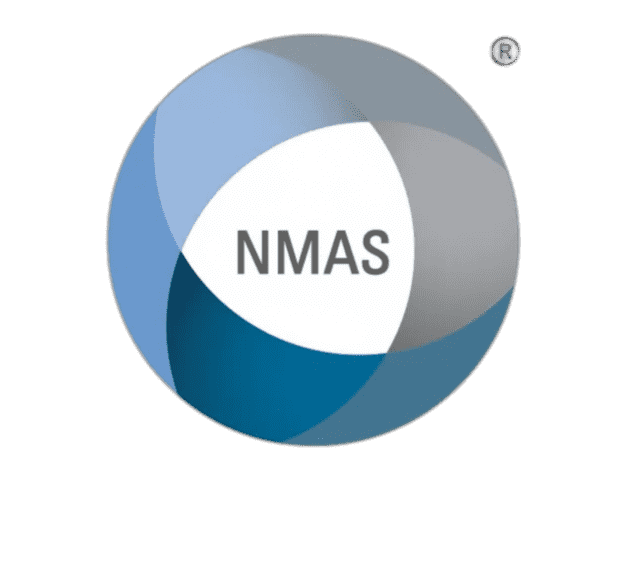Occupational rehabilitation is a cornerstone of fostering a healthy and productive workforce, particularly in the context of workplace injuries and illnesses. In Australia, the legal framework surrounding occupational rehabilitation is intricate, balancing the rights of employees with the responsibilities of employers. For organisations like ELEV8 Consulting, understanding and navigating these legal considerations is essential to delivering effective workplace solutions.

Employee Rights in Occupational Rehabilitation
Australian employees have robust legal protections when engaging in occupational rehabilitation programs. Key rights include:
- Right to a Safe Return to Work: Employers must ensure that the workplace is safe for returning employees. This includes providing suitable duties that align with medical advice and the employee’s capabilities.
- Confidentiality of Medical Information: Under privacy laws, employers must handle medical information with strict confidentiality. Information should only be shared with relevant parties and with the employee’s consent.
- Protection Against Discrimination: Employees participating in rehabilitation programs are protected under anti-discrimination laws, ensuring they are not treated unfairly due to their injury or condition.
- Access to Workers’ Compensation: Injured employees have the right to access workers’ compensation benefits, including medical expenses, rehabilitation services, and wage replacement during recovery.
Employer Responsibilities in Occupational Rehabilitation
Employers play a critical role in facilitating successful rehabilitation outcomes. Their responsibilities include:
- Compliance with Workers’ Compensation Legislation: Employers must adhere to state or territory-specific workers’ compensation laws, ensuring timely reporting of injuries and active participation in rehabilitation planning.
- Provision of Suitable Duties: Employers are required to identify and provide appropriate duties that support the employee’s gradual return to full capacity.
- Engagement in Rehabilitation Programs: Employers must actively collaborate with rehabilitation providers, such as ELEV8 Consulting, to develop tailored return-to-work plans that align with legal requirements and employee needs.
- Preventing Workplace Risks: Under workplace health and safety (WHS) laws, employers must take proactive measures to minimise risks that could exacerbate injuries or lead to new incidents.
Recent Legislative Developments
Recent changes in Australian legislation have emphasised the importance of mental health in occupational rehabilitation. Key developments include:
- Psychosocial Risk Management: Amendments to WHS regulations now require employers to assess and manage psychosocial risks, such as workplace bullying and stress, as part of their duty of care.
- Enhanced Support for Psychological Injuries: Workers’ compensation schemes in several states have expanded coverage to include psychological injuries, highlighting the need for holistic rehabilitation approaches.
Best Practices for Legal Compliance
To navigate the legal landscape effectively, employers can adopt the following best practices:
- Engage Expert Consultants: Partnering with experienced providers like ELEV8 Consulting ensures compliance with legal requirements while delivering tailored rehabilitation solutions.
- Develop Clear Policies: Establish comprehensive workplace policies that address injury management, return-to-work processes, and mental health support.
- Invest in Training: Equip managers and supervisors with the knowledge to handle rehabilitation cases sensitively and in accordance with legal standards.
- Monitor Legislative Changes: Stay informed about updates to workers’ compensation and WHS laws to maintain compliance and adapt rehabilitation strategies accordingly.
ELEV8 Consulting’s Role in Legal Compliance
ELEV8 Consulting provides expert guidance to organisations navigating the complexities of occupational rehabilitation. By integrating legal compliance into its services, ELEV8 ensures that:
- Employers fulfil their obligations under workers’ compensation and WHS laws.
- Employees receive equitable and supportive rehabilitation experiences.
- Organisations implement best practices to foster a safe and inclusive workplace.
Conclusion
Navigating the legal considerations of occupational rehabilitation requires a nuanced understanding of employee rights and employer responsibilities. With the support of expert providers like ELEV8 Consulting, organisations can ensure compliance while fostering positive rehabilitation outcomes. By prioritising both legal obligations and employee well-being, businesses can create resilient and productive workforces that thrive in the face of challenges.








